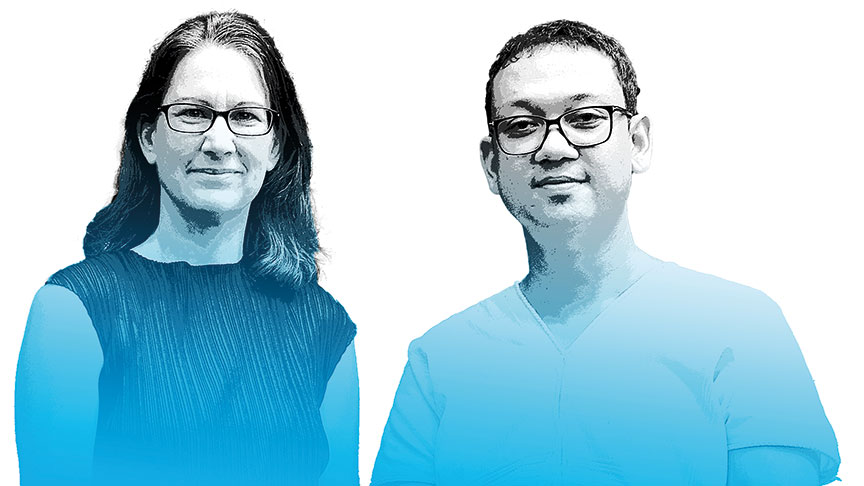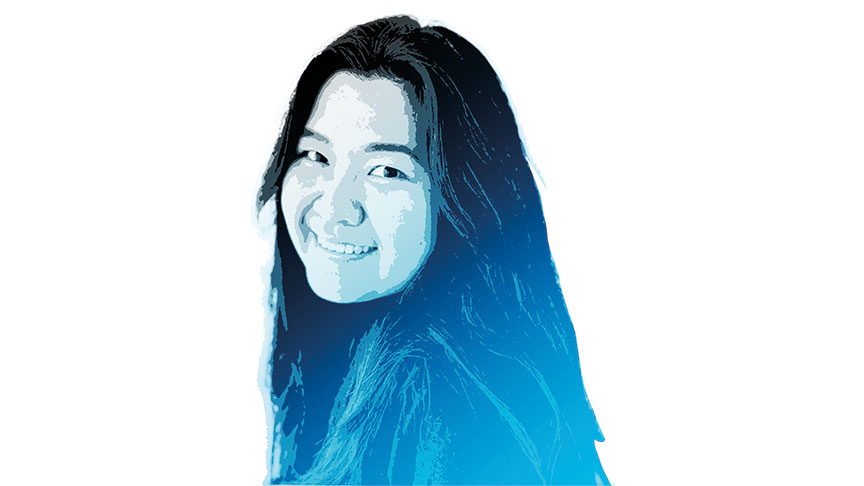Mr Diamond, you were forced to flee from Myanmar in 2021 because you are a human rights activist. What prompted your political activism?
Nickey Diamond: Ever since Myanmar became independent, ethnic and religious minorities have suffered discrimination in this predominantly Buddhist country. I experienced the consequences even as a teenager: although my Muslim family has lived in Myanmar for generations, we were not recognised as citizens. We were not permitted to vote, couldn’t open a bank account and were unable to leave our home region of Mandalay. After leaving school, I spent years fighting to obtain a passport. I reported on this battle on social media – that was the start of my political activism. In 2007 I established “Youth for Social Change”, an organisation that supports disadvantaged young people in Myanmar. Between 2016 and 2021, on behalf of the human rights organisation “Fortify Rights”, I documented numerous acts of violence committed against Muslims by the military and the police.
What role does the dissemination of hate speech play with respect to the genocide perpetrated against the Muslim Rohingya in Rakhine State and other atrocities in Myanmar?
Nickey Diamond: In my research, building on modern findings in political and legal anthropology, I explore precisely this question: How and in which political context does hate speech motivate people to commit violence? For this purpose, I analyse a large number of original Burmese sources that I have collected in Myanmar over the years. In addition to anti-Muslim pamphlets and videos, these include transcripts of “dhamma talks” – public lectures given by monks about Buddhist teaching. In Myanmar, hatred of Muslims and other minorities is legitimised via such lectures. I firmly believe that hate speech is an early warning sign. In a democracy, it is the government’s job to actively counter such hatred. Unfortunately, this did not happen during the reform era, which lasted from 2011 until the head of government Aung San Suu Kyi was ousted in February 2021. On the contrary: the abolition of censorship actually increased hatred and anti-Muslim sentiment. Today Myanmar has descended into chaos and violence.


